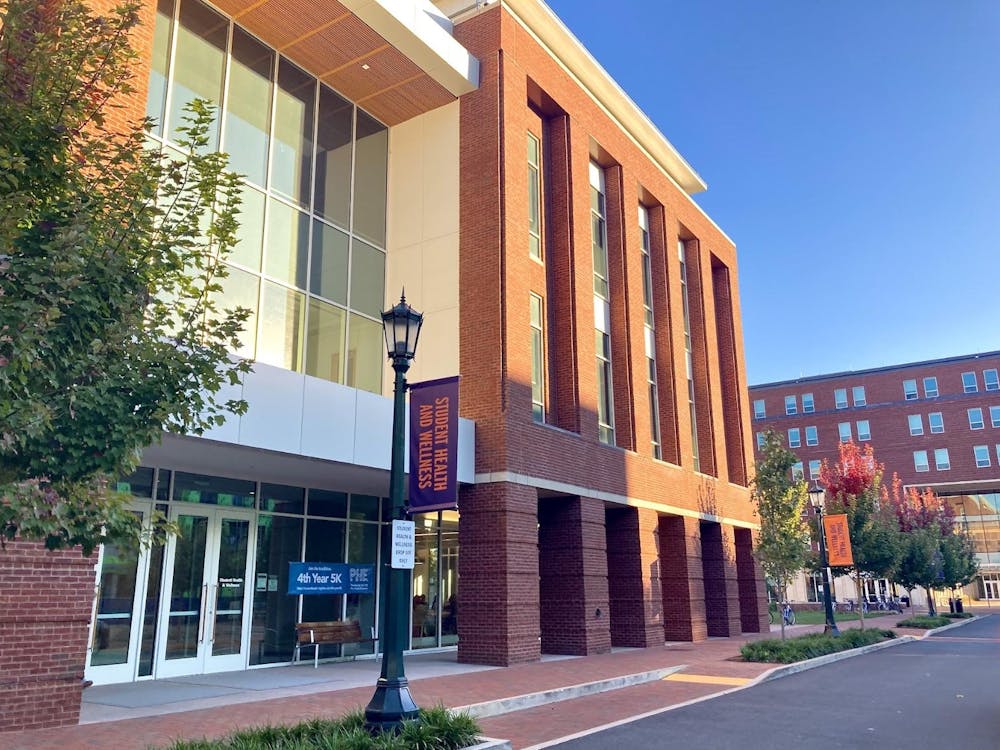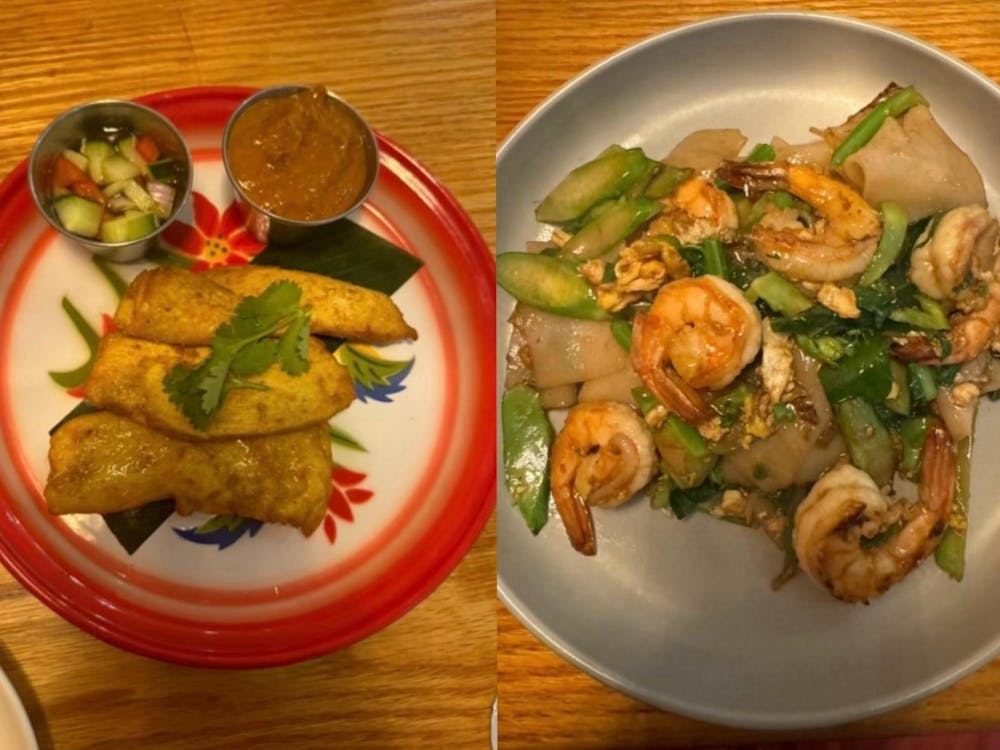They say the undergraduate experience defines University graduates for their rest of their lives, from choosing future jobs to the people one meets. It is not everyday that alumni convert their experiences into hit television shows, however, much like Amy Rardin and Carter Covington have used their time at the University as the basis for the ABC Family show, "Greek."
Both Rardin and Covington always loved television, but neither thought they would end up working dream jobs in Los Angeles, Calif. In fact, Rardin, a 1994 College graduate who majored in government and Women's Studies, decided to change her career plans after rejection from 13 law schools. Covington, a 1995 College graduate who majored in Spanish and foreign affairs, held various jobs before a chance meeting with the "Smallville" script writer at a dinner party. Covington worked on "Greek" for a few years, then adapted the movie "10 Things I Hate About You" to television and became executive producer for the ABC Family program with the same name.
The two writers, who did not meet at the University, work together to write plots and scripts for "Greek," a program that debuted in 2007 and is focused on the Greek system at fictional Cyprus-Rhodes University. Rardin said the entire staff used personal college experiences to write each episode, but only three writers on staff had been involved in Greek life including Covington and herself. Covington was a brother of Delta Tau Delta fraternity, which no longer exists at the University, and Rardin was a former sister of Alpha Delta Pi sorority. She was the only former sorority member on staff until a member of Kappa Alpha Theta sorority from the University at Southern California was hired after the second season.
"I had to say, 'This is what did and didn't happen in a sorority.' It was a lot of pressure," Rardin said.
Other than Greek life, both Rardin and Covington said they were involved in a variety of activities during their time on Grounds - Rardin in Honor Committee and the drama department and Covington in the University Guide Service. Clearly, though, it was their memories as Greek members stood out, they said.
Covington reminisced about Pledge Roll, road trips to other schools and mud sliding in Mad Bowl.
"I remember how much [pledging] sucked - getting up early after a party and having to clean the house. It was kind of fun, though, because I bonded with the guys - talking about what happened the night before and who hooked up with who," he said.
Similarly, Rardin said the bonds she created with her sorority sisters - all 120 of them - were what she found to be the most beneficial experiences of her Greek life, particularly as an only child.\nNot all social aspects of Greek life, however, were enjoyable, Covington said, pointing to the hierarchical system, the judgment factor and reliance on house reputation.
The two writers attempted to incorporate both their positive and negative Greek experiences in the show.
"We try to portray Greek life in a fair way ... showing good and bad; I think we err on the good side," Rardin said.
The two writers agreed they believe there is no "perfect" or "typical" college experience.
"We try to show an organization that has positive features, full of meaning and good people," Covington said.
He admitted there was initial backlash when the program premiered by fraternities and sororities complaining the show might degrade the Greek system by merely illustrating stereotypical party scenes. For the entertainment value, the writers acknowledged that they do tend to focus more on drama and less on academics. The goal was to create a "work-hard, play-hard" school - "the epitome of U.Va.," Covington explained.
Rardin and Covington translated other specific features of the University to the fictional world of "Greek." The secret society "Amphora," which two male characters join, is representative of how Covington and Rardin interpret the Seven Society. In the show, "Amphora" holds its meetings in a setting quite similar to the University's underground steam tunnels. In addition, they said the fictional address of the Zeta Beta Zeta sorority house is the actual address of the University's Delta Zeta house. Rardin and Covington listed other references that harken back to the writers' memories, including particularly memorable fraternity parties, the rush process, "pledge projects," initiation ceremonies, date functions and formals.
Overall, some of the fictional fraternities and sororities portrayed on the show bear resemblance to some organizations at the University, both said, adding that they can see themselves reflected through characters on the show. Rardin, for example, draws parallels between her Greek experience to that of the protagonist, Casey, because the character often deals with similar emotional problems with friends and boys as Rardin did during college.
Meanwhile, Covington sees himself as a combination of the characters Calvin and Rusty, based on their internal struggles to hide certain aspects of their personalities. Covington had never considered himself the "fratty type," but decided to pledge after meeting "some really cool guys who were involved in the University," explaining that his initial uncertainty about Greek life became a theme in Rusty's character.
"The characters are compelling, and the humor brings people back," Rardin said. "People of any age want to see something about college - when you're in junior high or high school, you want to see what college will be like. When you're in college, you want to see whether your experiences match up and when you're out of college, you want to look back on those memories."
Whether it was going to Bodo's "at least once a week" or going to bars on the Corner, Covington's memories as a student significantly have impacted his current life. And though these experiences may be in the past, the writers relive them daily.
"The great thing about my job is that I get to live college again every day," Rardin said. "I feel like I'm still there"





